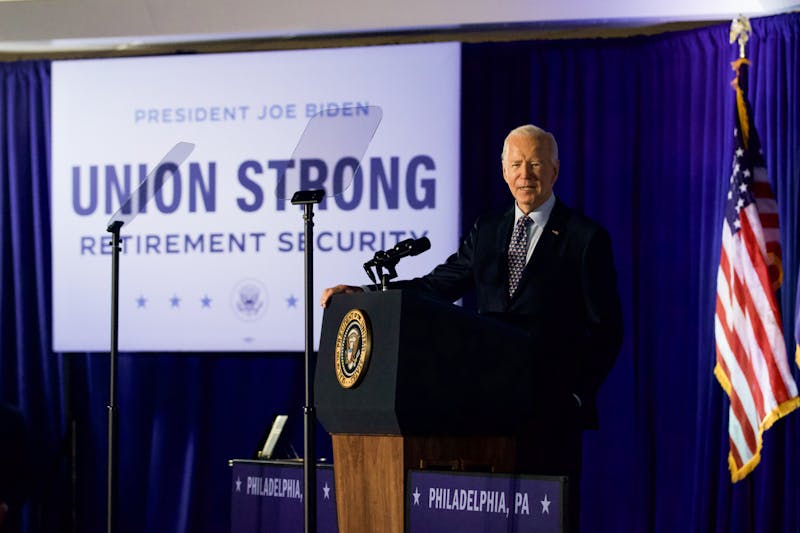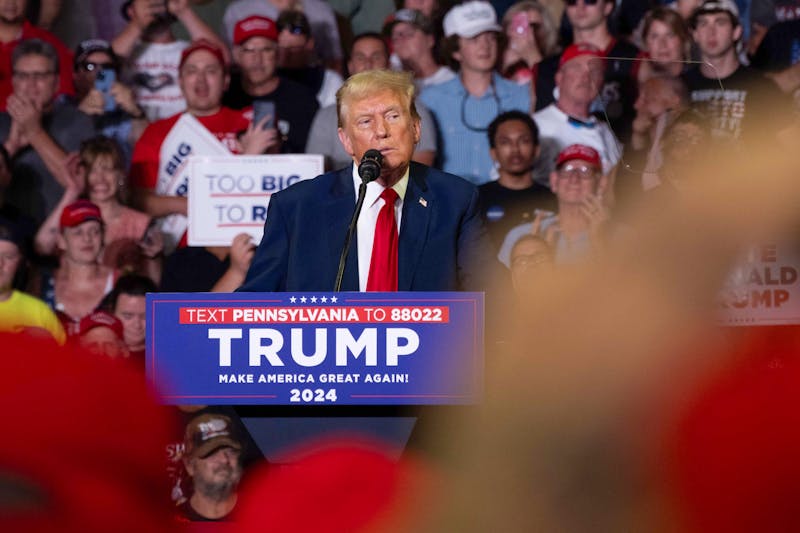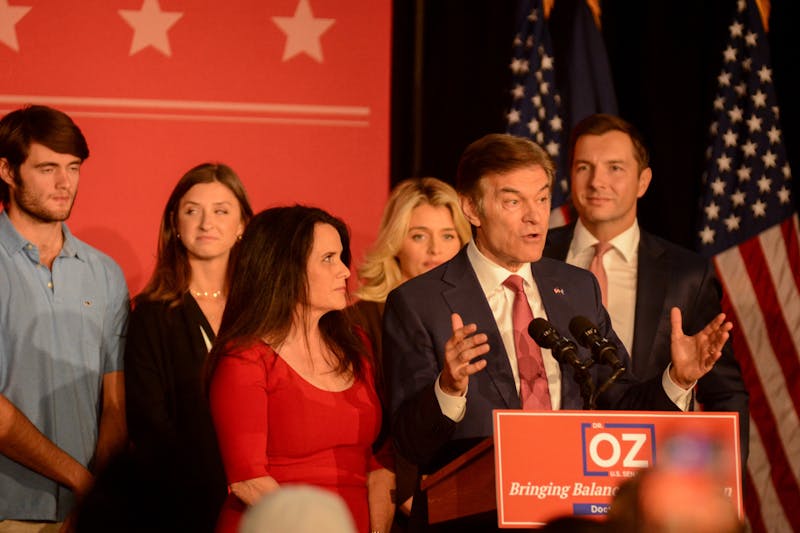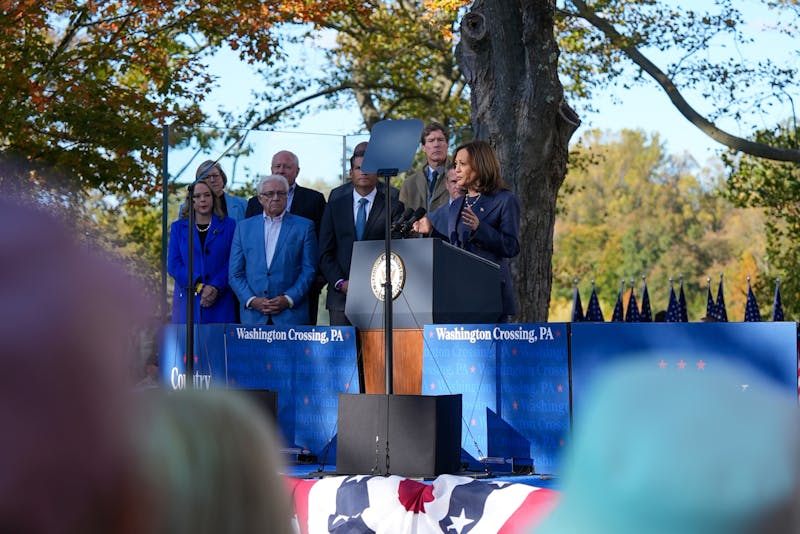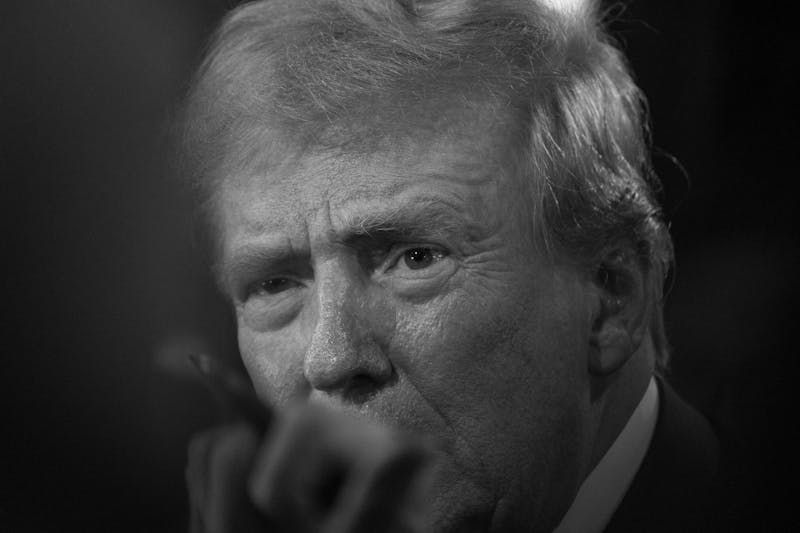
Penn Doctor of Laws honorary degree holder and former President Jimmy Carter has died at 100 in his Plains, Ga. home, his son Chip Carter announced.
Before his death on Dec. 29, Carter was the longest-living United States president to date. He received his honorary degree from Penn when delivering the 242nd Commencement address to the 1998 senior class, during which he noted his relationship with former University Board of Trustees Chair and 1950 College graduate Roy Vagelos, whose Merck & Co. provided the nonprofit Carter Center with free drugs to address river blindness in Africa.
At the time, former Penn President Judith Rodin said that Carter had a “particularly unique and productive” post-presidency, adding, “We are just so pleased that Mr. Carter has agreed to share his insights with our graduates.”
Carter was originally scheduled to speak at Penn’s Commencement ceremony in 1997 but was forced to cancel because his grandson’s graduation was scheduled for the same weekend. Instead, actor Bill Cosby delivered the annual address and similarly received an honorary degree, but Cosby’s name was struck off the roll of honorary degree recipients in February 2018.
A Democrat, Carter became the 39th president of the United States upon defeating former President Gerald Ford — who delivered a Commencement speech to the 1975 Penn senior class while still in office — in the 1976 election. He served one term and lost to now-former President Ronald Reagan in 1980.
Carter’s death comes almost two years after the Carter Center announced on X, the platform formerly known as Twitter, that he would forgo additional medical treatment and opt for hospice care at his home in February 2023. He battled illness for years and outlived the two presidents who followed him in addition to his own vice president.
During his presidency, Carter sought to “restore trust in government” following the end of the Vietnam War and the tumult of the Watergate scandal, according to The New York Times. He also negotiated the landmark Camp David Accords peace deal between Israel and Egypt and signed an arms reduction treaty with the Soviet Union.
Carter’s post-presidency included significant philanthropic efforts through the Carter Center and Habitat for Humanity with an emphasis on human rights in “places of repression.” In 2002, he was awarded the Nobel Peace Prize for his work engineering peace negotiations, promoting human rights, and advancing economic and social development.
The Daily Pennsylvanian is an independent, student-run newspaper. Please consider making a donation to support the coverage that shapes the University. Your generosity ensures a future of strong journalism at Penn.
Donate




